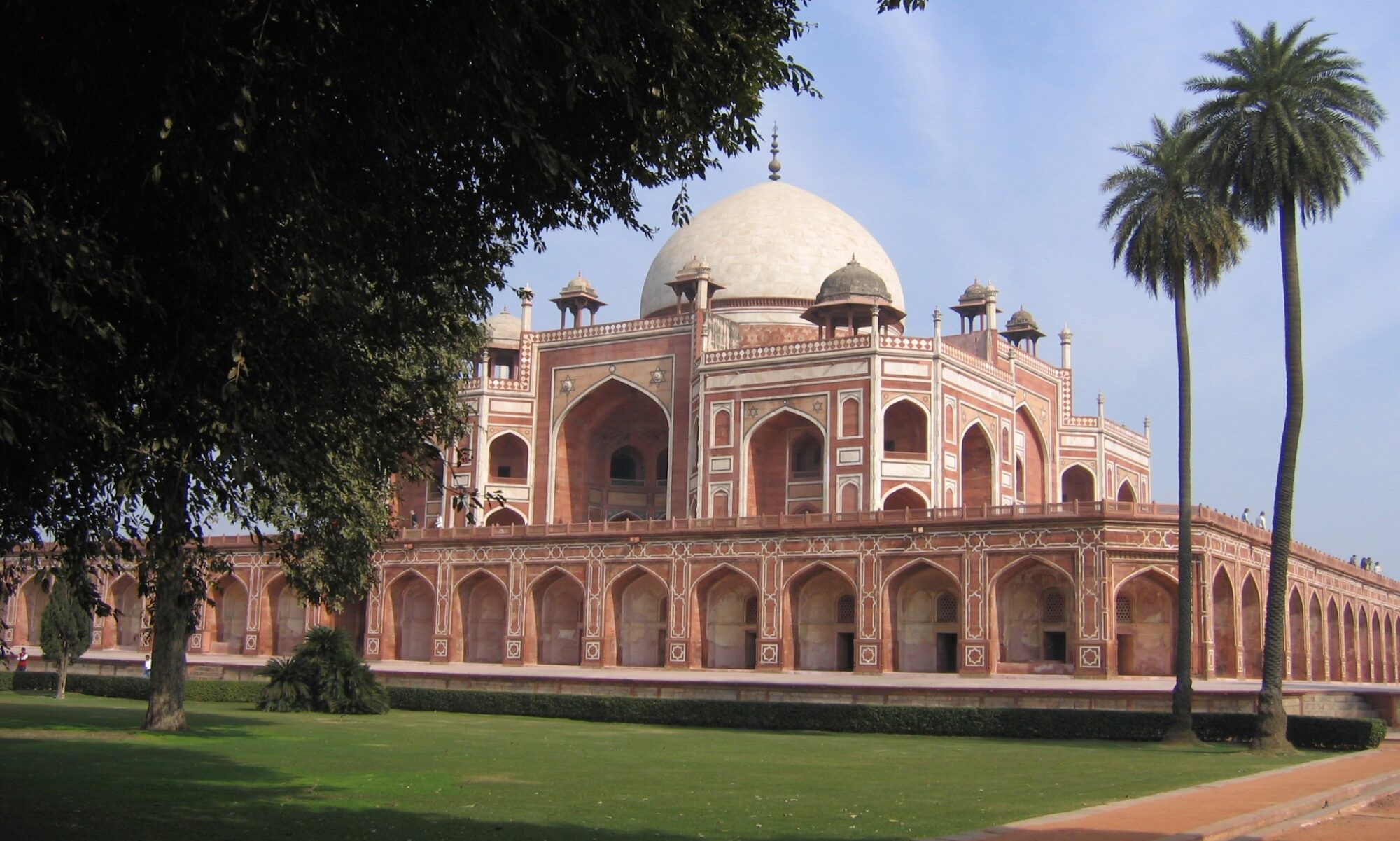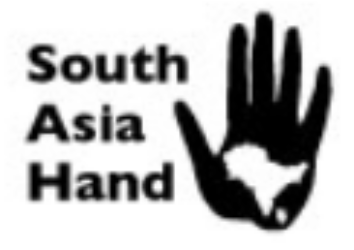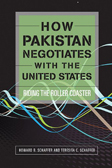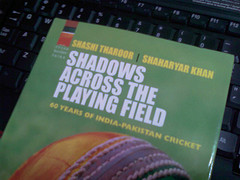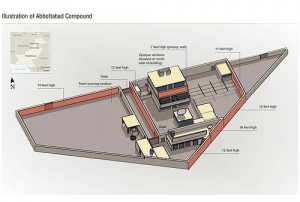
May 3, 2011: In our recent study, How Pakistan Negotiates with the United States: Riding the Roller Coaster, we described U.S.-Pakistan relations over the years as “three marriages and two divorces.” The raid that killed Osama bin Laden has intensified decade-long Pakistani fears that the United States would lose interest once the Al Qaeda leader was gone, just as it had lost interest in Pakistan at other crucial turning points. In the United States, it has heightened skepticism about Pakistan’s role in combatting terrorism. The much-discussed “trust-deficit” is probably at an all-time high. But both countries need to work together to head off the prospect of a “third divorce.” They should view the bin Laden raid as an opportunity to recalibrate their relationship to make it more straightforward and effective. It is not at all clear, however, whether their ideas of how to do this are compatible.
Continue reading “After Bin Laden: Recalibrating U.S.-Pakistan Relations”
